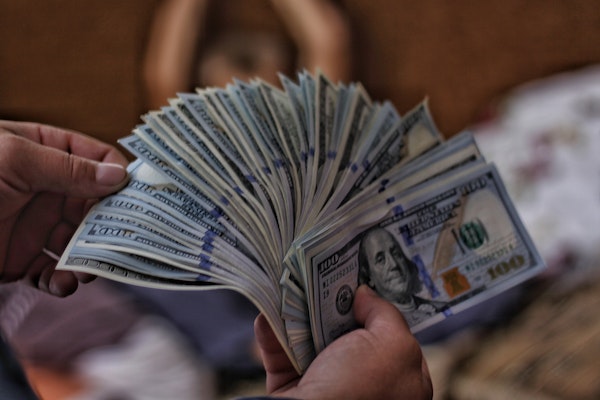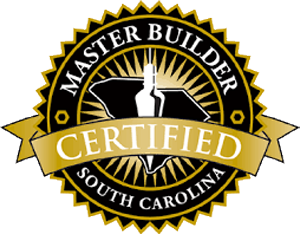Building a new home is a major financial investment, whether it is a spec, production, or custom home. Home buyers want to avoid money pitfalls with a new home so that they don’t end up spending a lot more than they can afford.
10 financial mistakes to avoid when building a house
1. Don’t max out your mortgage loan.
Just because the bank says you can afford to spend up to 36% of your monthly income on your mortgage and related expenses doesn’t mean it is a great idea. Make sure you have plenty of cushion for the unexpected expenses that come in life. Think about not spending over 25% of your take-home income per month on your housing costs (including PMI, homeowner’s insurance, and property taxes). You could choose to spend even less than that, if you prefer. Having too much debt is very stressful. Your new home should be a blessing not an unmanageable burden.
2. Try to get your credit scores up before you apply for a loan.
If you have a lot of credit card debt or student loans, focus on paying off your debt so that you can get a much better mortgage rate. This may save you thousands of dollars in interest rates over the life of your mortgage loan.
3. Don’t totally wipe out all of your savings and emergency fund.
When you make your down payment on your new house, be sure to keep some money in reserve just in case something happens. You never know when you may have a sudden emergency medical expense, an urgent car repair need, or some other significant expense.
4. Try to avoid having two mortgages at the same time.
Ideally, you can sell your current house before you need to start paying your new mortgage. Even if you have to rent an apartment for a few months, that is often better than owning two homes for an unspecified period of time.
5. Give yourself a fudge factor just in case unexpected expenses arise during the building process.
Plan to spend a bit more than your new house budget, just in case you want to add or change things during the process. If you have extra money afterwards and didn’t need to spend it, you have more savings. But if you don’t give yourself a fudge factor and then have to spend extra, you may feel more financially stretched than you wanted to.
6. Don’t build a home that is much bigger than what you actually need.
Mansions are beautiful and glorious, but check to be sure that you really want and need a 5000 or 6000 square foot home before you build it. How much longer will your children be living with you? Do you plan to have other family members move in? Will the large mortgage be too much of a burden? Also, be sure to factor in costs to your future budget like:
- Heating and cooling expenses.
- The time and effort involved with cleaning a large house – or the expense of paying for maid service.
- The eventual maintenance costs of a large house.
- The cost of maintaining a large yard and landscaping.

7. Assume you may need to sell the house in the future.
Be sure to consider resale value as you design and build the house. Most people tend to only stay in a home for about ten years. Think through the floor plan, finishes, and unique touches that you love from the perspective of a potential future buyer. This doesn’t have to be your primary concern, but it is wise to keep the future resale value of your home in mind as you build.
8. Think about expenses beyond your mortgage.
It’s tempting to only budget based on the closing price of your lot and home. But owning a new home comes with many more hidden costs that need to be included in your budget, too, like:
- Closing costs
- Moving expenses
- Property taxes
- Utilities
- The energy efficiency of your home and how that will impact expenses.
- HOA fees, if applicable
- Home owner’s insurance
- Ongoing maintenance – pest control, lawn care, HVAC check-ups, etc”¦
9. Find out what expenses are not included in your home builder’s contract.
Read the contract you have with your home builder or ask them questions like:
- Do you need to be responsible for the landscaping yourself, or is your builder taking care of it?
- Will the attic be finished or unfinished at the end of the build?
- Is a finished basement part of the total price?
10. Don’t buy a big-ticket item that could negatively impact your credit score during the house buying process.
Once you are pre-approved and your lender has your credit score, keep things stable until you close on the mortgage or your credit score may dip and you may have to go through the approval process again. You may also not qualify for the same loan amount.
If you do your homework, you can avoid paying too much for a new home. Buying a house is a major life decision and financial investment for your family. Before you buy a home, be sure that you know exactly what you can afford for a monthly payment and try to stick with, or even under, your budget.
Related
What Are the Steps to Building a Home
Ready to Build a House on Your Own Lot?






